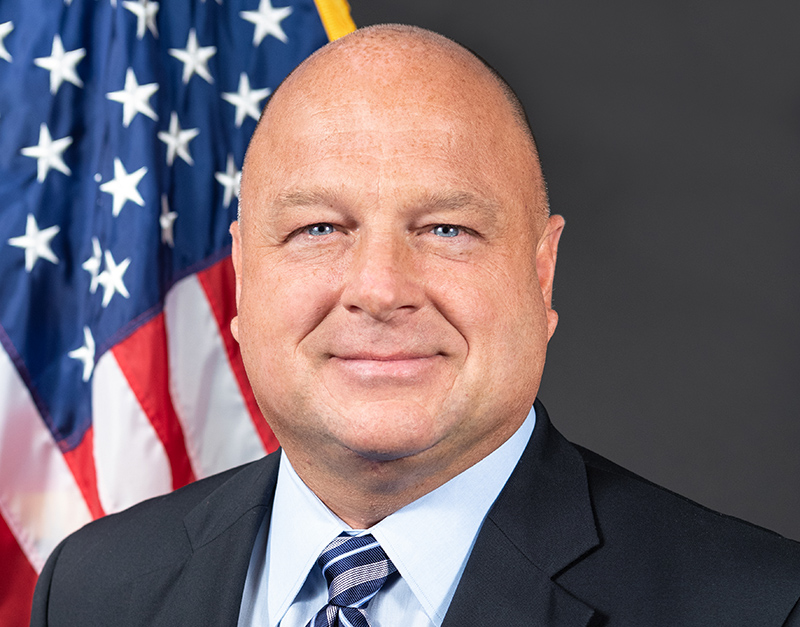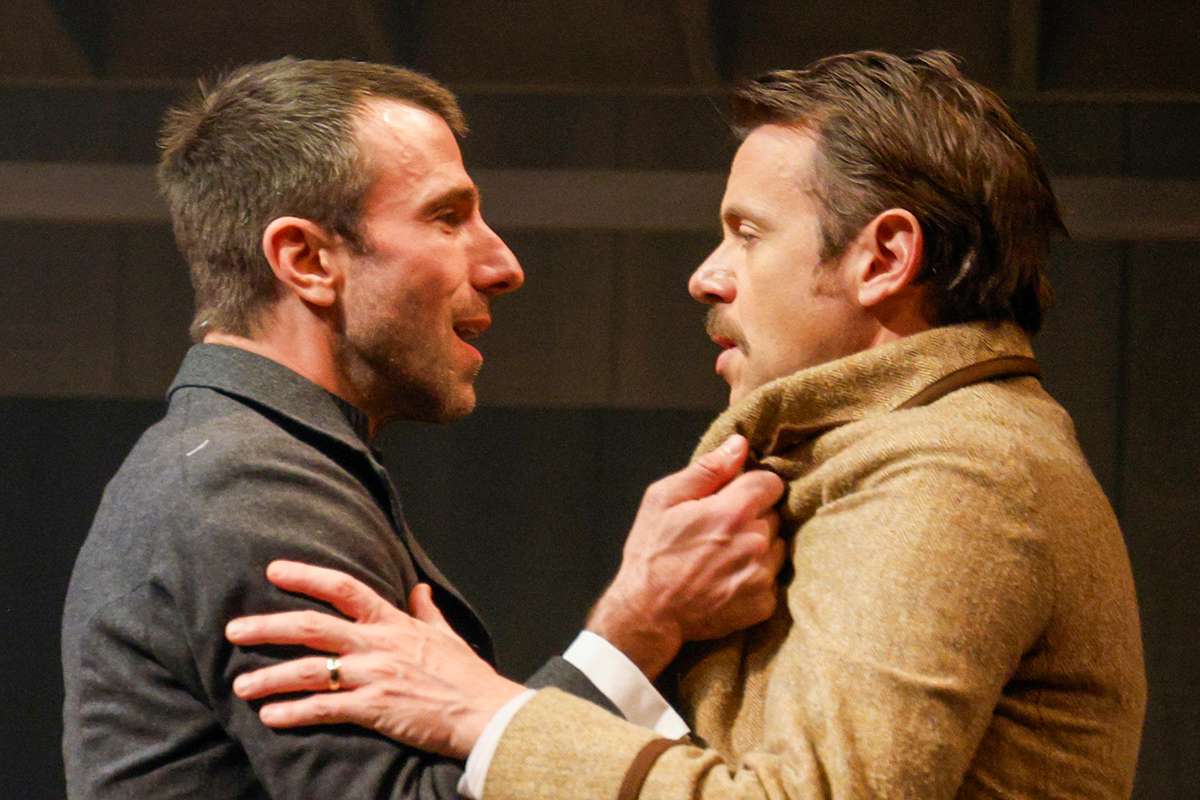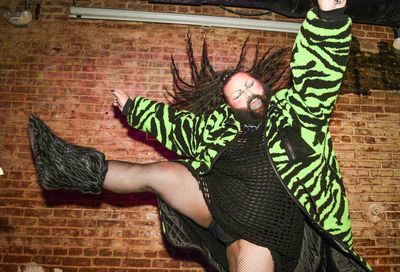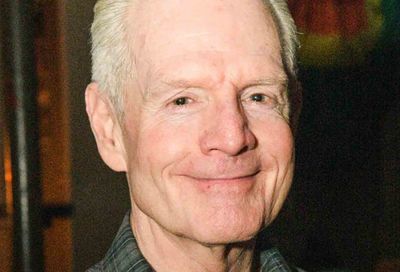Playwright Rachel Lynett Has Some Qualms About Kamala
Playwright Rachel Lynett takes a blistering look at America's most powerful woman in "Letters to Kamala/Dandelion Peace."

Rachel Lynett’s world, like everybody else’s, looked remarkably different in the heated months of 2020 when the Yale Prize-winning playwright found herself writing Letters to Kamala.
“To set the page, we have to remember 2020,” Lynett tells Metro Weekly, drawing us back to that protest-filled summer and autumn. “I was living on State Street in Madison, Wisconsin, where the cops were there every single night, tear gassing people.”
In that atmosphere of roiling racial tension, Joe Biden had selected Kamala Harris as his running mate, and Lynett, who is queer, Black, and Latinx, was hopeful about this dynamic, Black and South Asian female leader rising to power. Yet, she recalls, as someone from California, she was skeptical of Harris’ complicated history as a tough-on-crime prosecutor in the state.
“Yeah, you’re a prosecutor. But then, meanwhile, my apartment was filled with tear gas,” Lynett insists. “I’m watching people get arrested. And who are they going to go up against? They’re going to go up against a prosecutor. And, as a prosecutor, you have to be tough on crime. But I have a huge problem with what does crime look like? And how is it always, always, always just so conveniently more Black and brown people than anybody else, for the same crimes?”
And, Lynett adds, “Just her record of the amount of specifically Black people she put away compared to other races, I didn’t love it then.” That might account for the generally supportive but occasionally lacerating tone of Letters to Kamala.
Originally commissioned by American Stage, the play imagines three accomplished women of history — Charlotta Bass, Charlene Mitchell, and Patsy Matsu Mink, each pioneers in the political arena — sharing their wisdom and advice with the new vice president as she prepares to go where no woman in America has gone before.
Now that she and Biden are campaigning to keep it going another four years, Lynett’s again taking stock of Harris’ leadership with a new play, Dandelion Peace, currently running with Letters to Kamala in a two-hour double-bill presented by Voices Festival Productions.
Commissioned by VFP’s Ari Roth and A. Lorraine Robinson, who directs this world-premiere production, Dandelion Peace approaches the dynamics of women leaders with a lighter-hearted touch. As opposed to the halls of power, it’s concerned with plots of herbs and flowers in a community garden, where petty dramas between members erupt into all-out war.
The conflict devolves quickly and comically, in part, due to feckless leadership. In those terms, Lynett registers some of what she thinks now of Harris, four years after writing Letters to Kamala.
“I thought she’d be a lot more present, for better or for worse,” she says. “She only ever shows up — again, outside looking in — she showed up for Juneteenth, and did that weird dance. She showed up when Roe got overturned, and then said some weird stuff about it. Then, she kind of talked about Palestine, sorta. She was like, ‘Palestine has to be free. But not really, though.’ Where has she been? Like she only ever comes out, says three sentences, it feels like.”
As one can sense from the women brought to life in Letters and in Dandelion, great things were expected. “She was supposed to be the most powerful VP,” continues Lynett, admitting that the subject revs her up.
“She was supposed to be this present, powerful V.P. That’s what they kept telling us. They’re like, ‘Biden’s older. He’s going to need a strong VP.’ I don’t see her anywhere. Half the time, I’m like, where is she now? What is she doing? And I think that’s where Dandelion Peace comes from. It’s like, we have this person who has a strong personality, who just feels like they’re getting bulldozed by other strong personalities.”
Lynett is aware the role of vice president is famously limiting, but, “I saw more about Cheney, and I wanted to see way less of Cheney. I saw more about Pence! Pence was around more than Harris. So those are my thoughts now: I thought she’d be present and she hasn’t been.”
Letters to Kamala/Dandelion Peace runs through June 30, at Universalist National Memorial Church, 1810 16th St. NW. Tickets are $25 to $45. Visit www.voicesfestivalproductions.com.
Support Metro Weekly’s Journalism
These are challenging times for news organizations. And yet it’s crucial we stay active and provide vital resources and information to both our local readers and the world. So won’t you please take a moment and consider supporting Metro Weekly with a membership? For as little as $5 a month, you can help ensure Metro Weekly magazine and MetroWeekly.com remain free, viable resources as we provide the best, most diverse, culturally-resonant LGBTQ coverage in both the D.C. region and around the world. Memberships come with exclusive perks and discounts, your own personal digital delivery of each week’s magazine (and an archive), access to our Member's Lounge when it launches this fall, and exclusive members-only items like Metro Weekly Membership Mugs and Tote Bags! Check out all our membership levels here and please join us today!




























You must be logged in to post a comment.